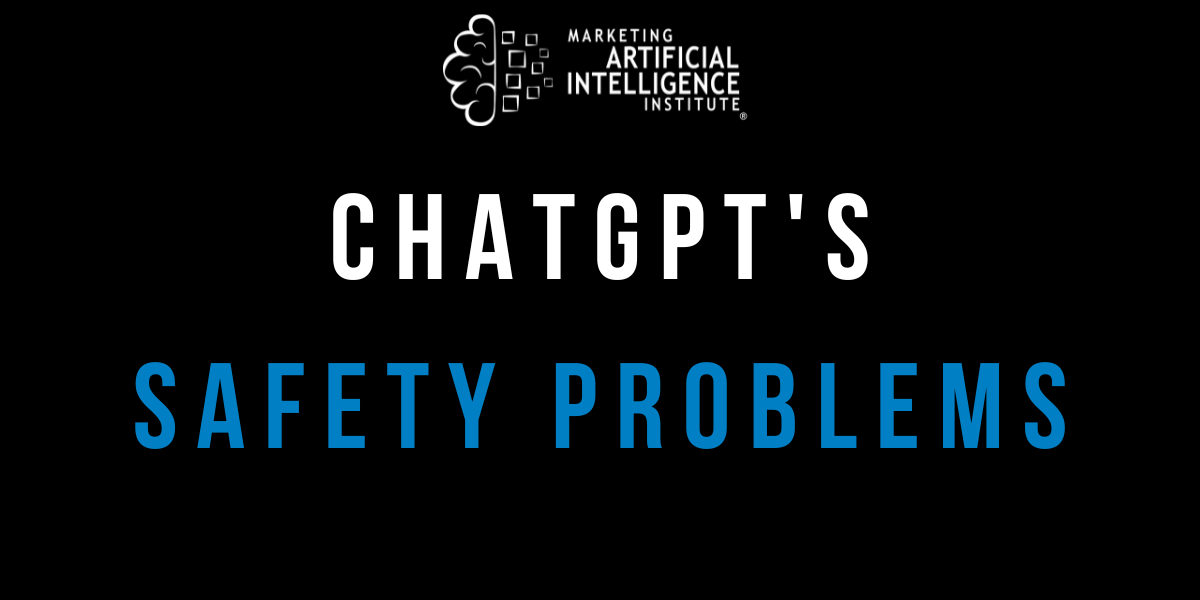ChatGPT has been banned in Italy, but that might be just the start of its problems.
A new article from WIRED breaks down why and how Italy’s ban could spur wider regulatory action across the European Union—and call into question the overall legality of AI tools.
The article cites experts who say ChatGPT’s parent company OpenAI hasn’t been in compliance with the European Union’s General Data Protection Regulation (GDPR) privacy law.
That’s because the company hasn’t gotten user consent from European Union citizens to use their data in training the models that power ChatGPT.
Since all EU countries adhere to GDPR, the issue could bring heat from other countries in the bloc.
In fact, regulators in France, Germany, and Ireland have already contacted Italy’s regulator to learn more about the considerations that went into the ban.
Additionally, Norway’s regulators have said this possible violation of GDPR could also call into question how other AI tools have been trained.
Are we going to see ChatGPT banned in more countries?
I spoke with Marketing AI Institute CEO/founder Paul Roetzer in Episode 42 of the Marketing AI Show to find out. Here’s what you need to know:
- You need to be paying attention. Even if you don’t do business in Italy or the wider EU, this is fundamentally a regulatory challenge against how AI companies use data for training their models, says Roetzer. The results of EU battles could impact how AI companies operate—and inspire other countries to take action.
- However, don’t expect the US to bring the hammer down. It’s very possible the US will draft its own regulations. But outright bans and strict actions are probably unlikely, says Roetzer. “The US has every motivation in the world for US-based companies to be leading the world in the development of these technologies,” he says. “And so there’s very minimal reward to the US government to slow down this innovation now.”
- Companies like OpenAI are beginning to respond. On April 5, OpenAI published their approach to AI safety, which detail how they’re handling AI risks, such as: danger to children, impacts on privacy, and the spread of misinformation. Not coincidentally, these points map closely to the issues Italy raised to justify its ban on ChatGPT.
- But responsibility still lies squarely in the hands of individuals. “The reality is, this isn’t going to slow down,” says Roetzer. Even if OpenAI gets seriously impacted, plenty of other models and tools exist, many of them open source and many of which won’t have guardrails. For the foreseeable future, it’ll be the job of companies and professionals to make sure the tools they’re using are used in a responsible way.
Don’t get left behind…
You can get ahead of AI-driven disruption—and fast—with our Piloting AI for Marketers course series, a series of 17 on-demand courses designed as a step-by-step learning journey for marketers and business leaders to increase productivity and performance with artificial intelligence.
The course series contains 7+ hours of learning, dozens of AI use cases and vendors, a collection of templates, course quizzes, a final exam, and a Professional Certificate upon completion.
After taking Piloting AI for Marketers, you’ll:
- Understand how to advance your career and transform your business with AI.
- Have 100+ use cases for AI in marketing—and learn how to identify and prioritize your own use cases.
- Discover 70+ AI vendors across different marketing categories that you can begin piloting today.

Mike Kaput
As Chief Content Officer, Mike Kaput uses content marketing, marketing strategy, and marketing technology to grow and scale traffic, leads, and revenue for Marketing AI Institute. Mike is the co-author of Marketing Artificial Intelligence: AI, Marketing and the Future of Business (Matt Holt Books, 2022). See Mike's full bio.



